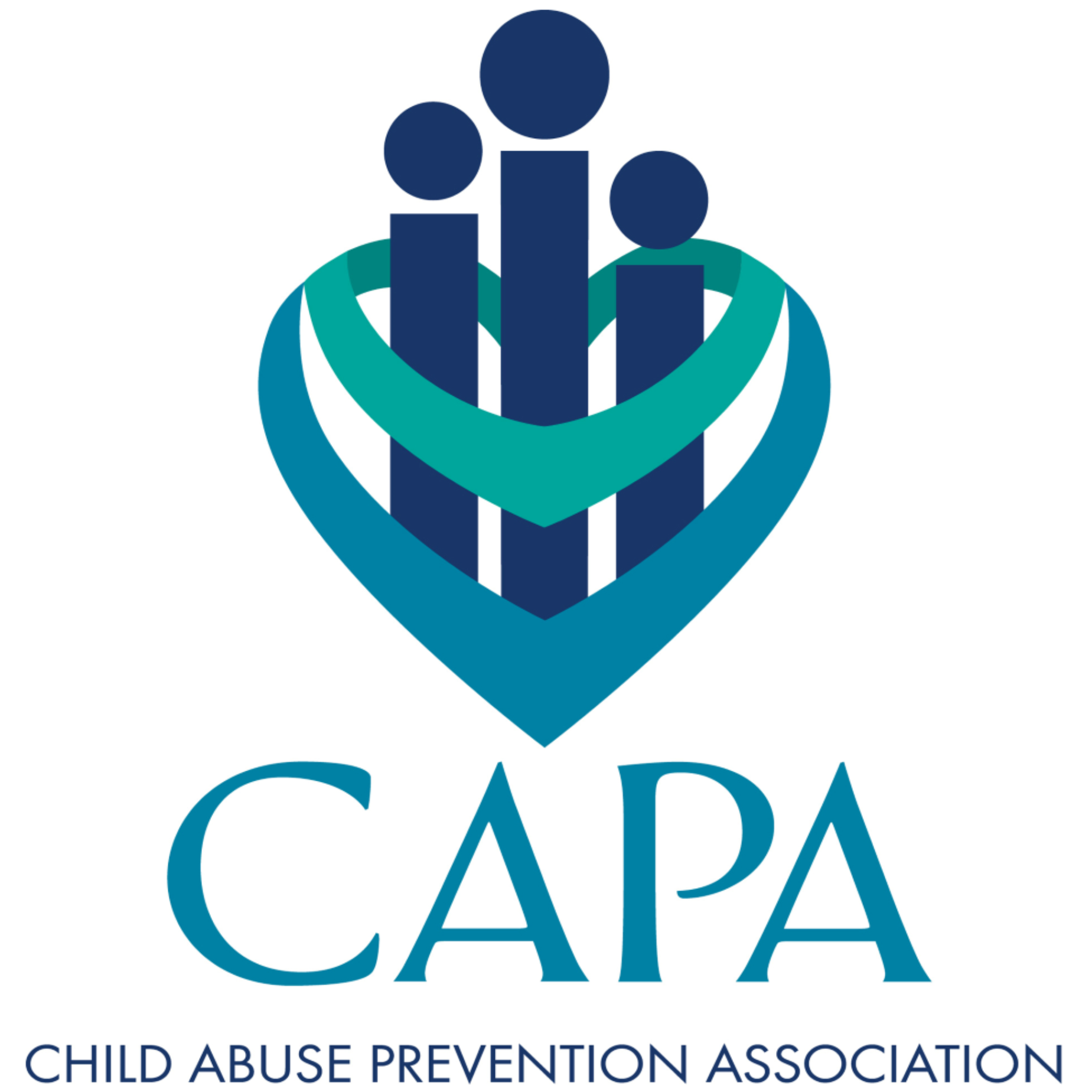10 Tips to Help Talk about Safe/Unsafe Touches
- Give Your Child Ownership of their Body
At 18 months of age you can begin telling your child that they own their body and no one has the right to touch them unless your child says it’s okay.
- Use Appropriate Language
When your child starts to seem curious about their body, this is an indicator that it is time to teach them the correct terms for their anatomy.
- Keep the Conversation Light and Easy
Keep conversations serious but still unemotional. This will make your child feel comfortable talking about their body parts and able to freely ask questions.
- Use the Swimsuit Rule
Explain to your child that their private parts are the parts of their body are covered by a swimsuit and that no one should be seeing, touching, or taking pictures of those areas.
- Explain What Safe Touch Is
It is important to inform your child of the difference between safe touches (hugs, high fives) and confusing touches (someone looking at or touching their private parts).
- Empower Your Child to Say NO
Let you child know that it is okay to say NO to a grown up if they are making them feel uncomfortable or unsafe.
- Use Books About Safe and Unsafe Touch
Reading books about the body, organs, and skeletal system helps children learn about their bodies and lets them feel comfortable asking questions.
- Don’t Force Affection
It is never good to try to force a child to hug or touch someone if they do not want to. This makes them feel obligated to do so. Empower your child and let them make the choice for themselves.
-
- Help Them Trust Their Feelings
Children should be taught that a touch from anyone that makes them uncomfortable or feel bad is an unsafe touch. Children should be taught to trust their own feelings.
-
-
- Practice Role Play
Take the time with your child and practice role playing scenarios by saying “NO, I don’t like that, stop!” and to then tell a trusted adult if they are in an unsafe situation.



